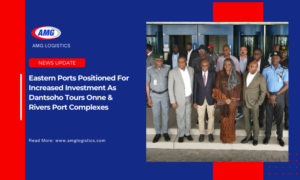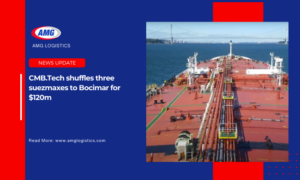Nigeria is experiencing renewed fuel queues in Abuja and other parts of the country, with the Nigerian National Petroleum Company Limited (NNPC Ltd.) attributing the issue to disruptions in ship-to-ship (STS) transfers of Premium Motor Spirit (PMS), also known as petrol.
According to NNPC’s Chief Corporate Communications Officer, Mr. Olufemi Soneye, recent thunderstorms hampered the transfer of petrol between Mother Vessels and Daughter Vessels used in the STS process. The adverse weather also affected other aspects of the supply chain, including:
- Berthing at jetties: Ships carrying fuel were unable to dock properly due to the weather conditions.
- Truck loading: The loading of petrol onto trucks for distribution was hampered.
- Product transportation: Deliveries to filling stations were disrupted due to weather-related issues.
Soneye emphasized that safety regulations from the Nigerian Meteorological Agency (NIMET) prohibit loading petrol during thunderstorms and lightning strikes. This is a crucial measure to prevent fires and potential danger to trucks, filling stations, and people.
Furthermore, flooding caused by the heavy rains has blocked some truck routes, hindering the movement of petrol from coastal areas to the capital city, Abuja.
NNPC Taking Action to Restore Supply
The NNPC is working with other stakeholders to address the logistical challenges and resume the smooth supply of petrol to the affected areas. Loading operations have already begun in regions where weather conditions have improved, and the NNPC anticipates a gradual improvement in the coming days with a return to normalcy.
Motorists Urged to Avoid Panic Buying
Soneye appealed to motorists to remain calm and avoid panic buying, which can worsen the situation. Additionally, NNPC warned fuel stations against hoarding petrol, ensuring a fair and consistent distribution throughout the country.
Stay Informed and Plan Your Trips
While the situation is expected to improve soon, it’s advisable to stay informed about the latest updates regarding fuel availability. This can help you plan your trips accordingly and minimize any inconvenience caused by the temporary fuel scarcity.




